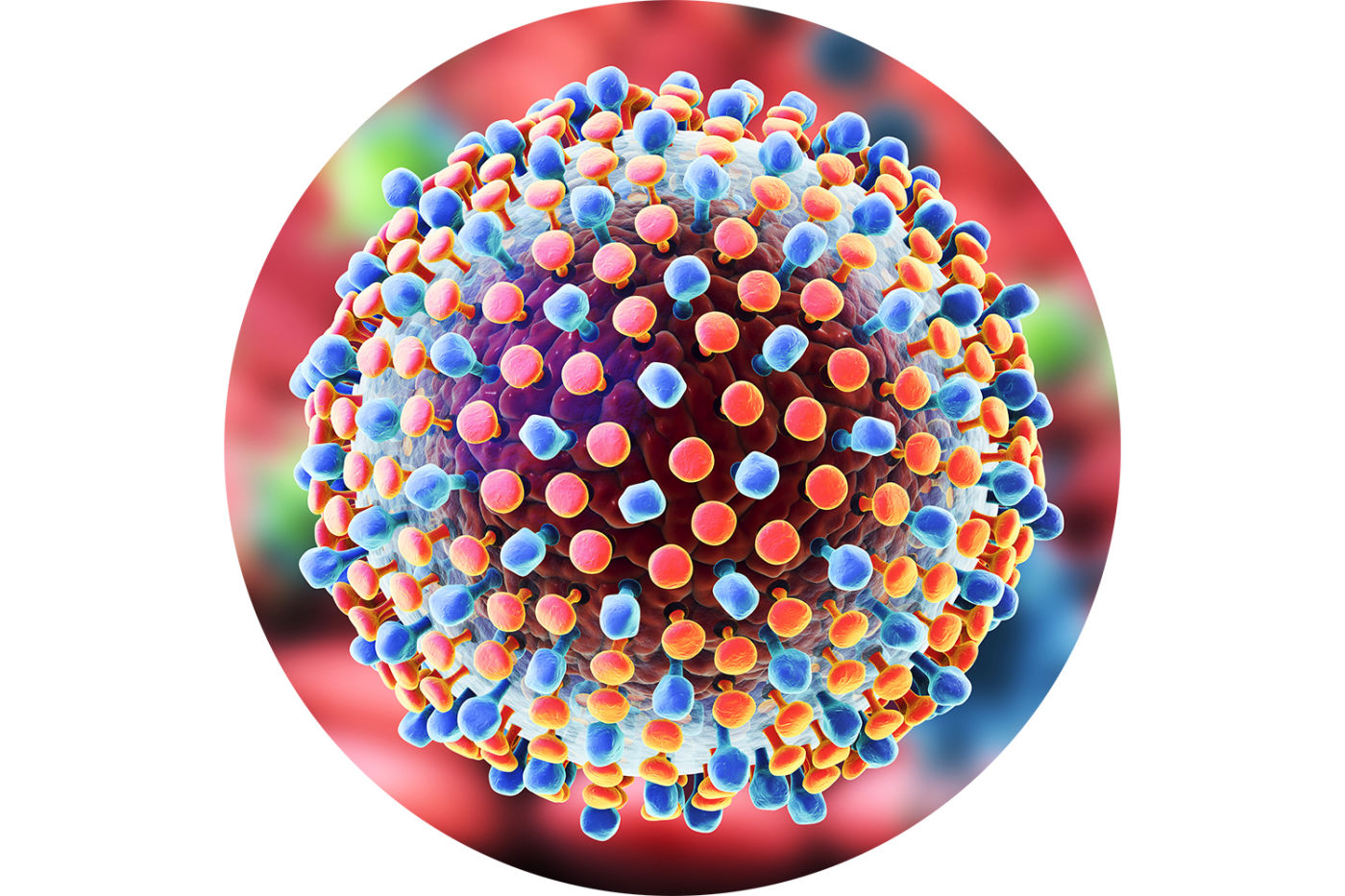
(RIF. RNA 04)
Hepatitis C is an infection of the liver caused by a virus belonging to the hepacivirus genus of the Flaviviridae family. Over the years since its definition, therapies for the treatment of hepatitis C have made great strides, and today it can be safely said that hepatitis C is a disease that can be cured in all patients.
In fact, a goal has been set by the World Health Organization that appears realistic: the eradication of HCV infection by 2030. The infection is often asymptomatic in both the acute and chronic phase. During its evolution it can cause progressive damage to the liver, which changes the normal anatomical structure by replacing normal liver tissue with fibrotic scar tissue during the infectious process. The infection of HCV infection occurs mainly through the parenteral route.